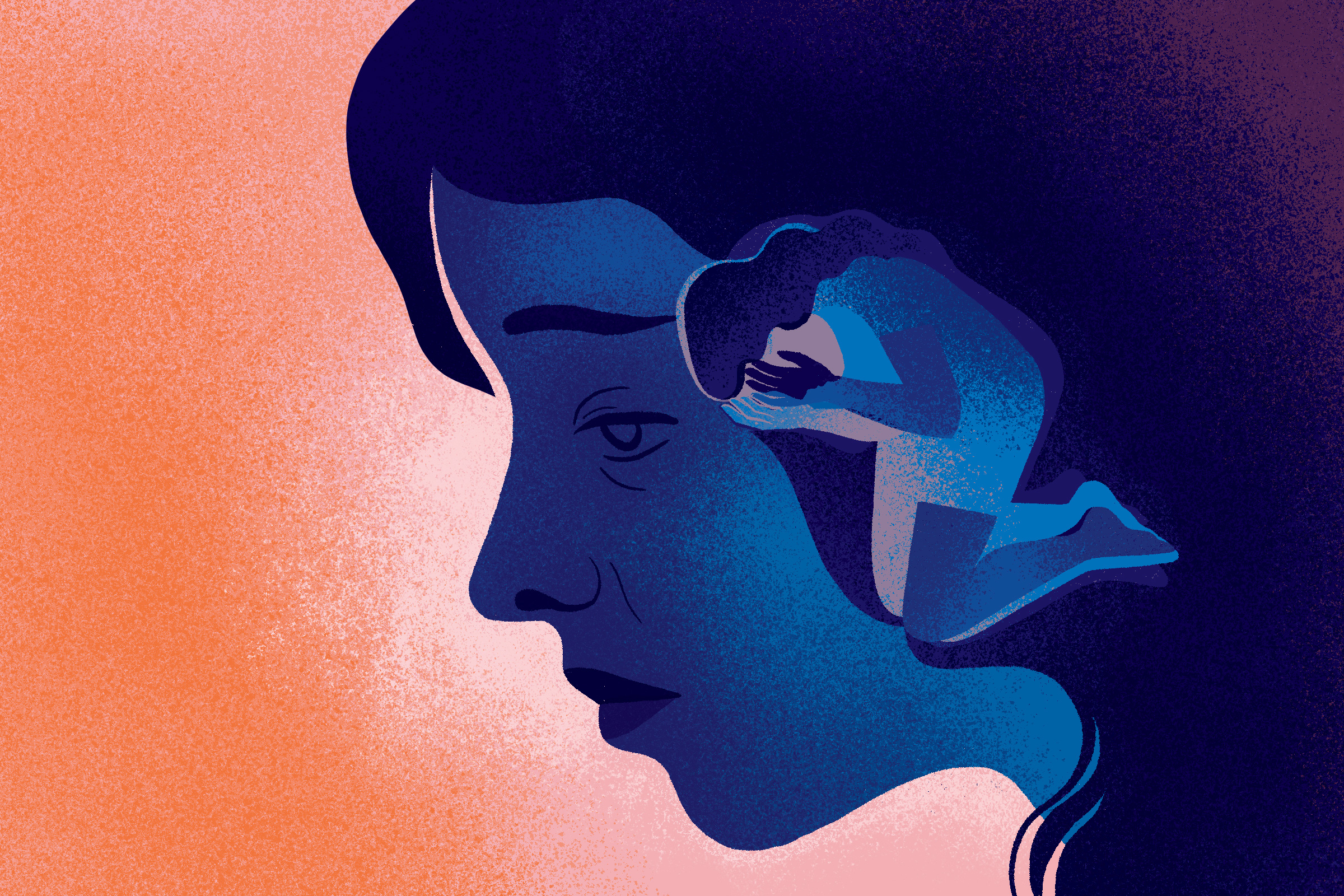
Happens every day. Someone is left behind. Someone is left weeping at the grave. Someone’s bed is cold. Someone sets the table for two before remembering there is only one. Someone forgets in sleep and on waking reaches for a hand only to close on emptiness.
There will be all those firsts without him. The first holiday meal, the first vacation, the first birthday, anniversary. The first time you circle “widowed” on a form requiring marital status.
There will be the first Saturday night alone.
There will be scents that break the heart. New spring. Sea air.
Read More: Why You Need to Make a ‘When I Die’ File—Before It’s Too Late
There will be the surprise of not knowing how you fell to your knees, but there you are on the floor of his closet, burying your nose in a favorite shirt.
There will be amorphous anxiety. There will be sleeplessness. There will be the daunting challenge of getting out of bed in the morning. There will be too much wine at too late hours. There will be physical manifestations. A tightness in the stomach. A racing of the heart.
There will be obsessions with money. Is there enough? Is there enough? And even if there is, there will be fears of ending up on the street.
Read More: I Thought I’d Get to See My Mother Again. Then the Pandemic Hit
There will be the random shock of tears. There you are sorting through a bin of apples and pow! Grief’s gut punch. You could think you were going crazy.
You are. Grief is a form of insanity. It exists outside the realm of “normal” experience. People will expect you to be sad and normal. You are not normal. And sad doesn’t begin to describe it.
The death of a beloved lifts the lid of the universe and lets you slip though. The terror is real even if the lid is not. Nothing is as it was. Old landmarks vanish. What once was a comfort becomes a threat.
All of this is happening every day in every city, in every state, every country and yet grief is so isolating, it’s impossible to imagine the multitudes mirroring our experience. Imagine if we could reach out to one another. Holding hands, we would circle the globe several times. But the intensity of the pain is such that we don’t think of all those others, just as when you step on a nail you don’t think of everybody else who is stepping or has stepped on a nail. You think “ouch.” Pain is like a spotlight on the self. It can be blinding.
Read More: 21 Ways to Help Someone You Love Through Grief
Yes, it happens every day, yet even knowing this would not shift the gaze from self-absorption. It is the self-absorption of toddlers. We must pay singular attention to where we stand and where we are going. Otherwise, we will fall, fall, fall. We cannot take our minds off this. We cannot afford to look up and see the person who is doing the same, holding on for dear life.
There will be those who say they understand, but they don’t. They can’t. Although universal, each grief is unique.
There will be fury aroused by the unsuspecting. The dishwasher-repair person. Someone speaking too loudly in a restaurant. A motorcyclist gunning his engine while waiting at a light.
There will be the need to talk and talk and talk about the missing one and the circumstances of his life and death. Strangers may hear your tale. On and on you drone.
More from TIME
There will be the inability to concentrate. After being instructed, you will be asked, “Do you understand?” Do you understand what is required to get a death certificate, to close a bank account, to scan a document? And you’ll say, yes and then realize, no. You don’t understand and don’t remember a word that was said.
There will be those who promise, “In time you’ll have nothing but happy memories.” You know they lie because when you look at your beloved’s photograph all you do is feel the horror of the absence. You want him back. You want him back now.
The pain will ease, though not on any prescribed timetable. And when it does, somebody else will be weeping next to another grave. It’s an eternal cycle. It would help to know this. As with all things, context helps.
More Must-Reads from TIME
- Why Biden Dropped Out
- Ukraine’s Plan to Survive Trump
- The Rise of a New Kind of Parenting Guru
- The Chaos and Commotion of the RNC in Photos
- Why We All Have a Stake in Twisters’ Success
- 8 Eating Habits That Actually Improve Your Sleep
- Welcome to the Noah Lyles Olympics
- Get Our Paris Olympics Newsletter in Your Inbox
Contact us at letters@time.com